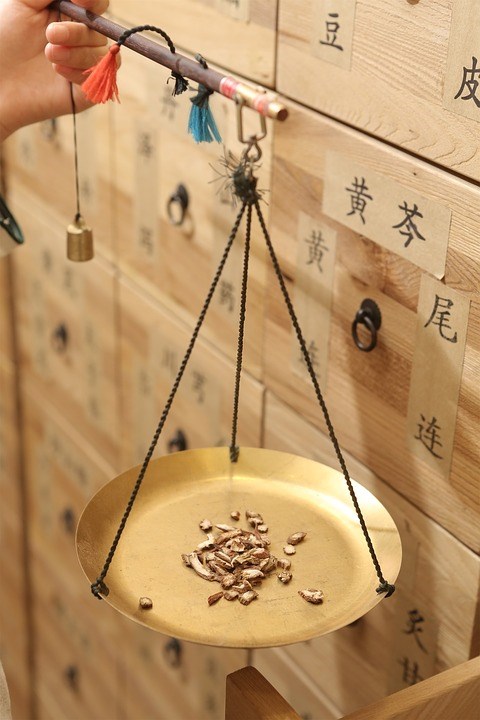The Traditional Chinese Medicine Practitioners and Acupuncturists’ regulatory body is impeding acceptance of TCM in Canada with its recent decision to not allow students to write their Canadian certification exams in the Chinese language, according to Richmond North Centre MLA Teresa Wat.
Starting this fall, students studying Traditional Chinese Medicine (TCM) in B.C. won’t be able to write their national registration exams in Chinese. The move has infuriated practitioners in Richmond’s Chinese community, who launched an online petition in January to urge the regulatory body to reconsider their decision.
Wat, who held a Zoom meeting with local TCM practitioners last week, told the Richmond News that the move was “inappropriate” and this decision will curb TCM’s further development in Canada.
The Canadian Alliance of Regulatory Bodies of Traditional Chinese Medicine Practitioners and Acupuncturists, also known as CARB-TCMPA, said in a statement that reaching the decision wasn’t taken lightly and they recognize the value of Chinese languages in regards to TCM. But translating and preparing exams in languages other than English creates additional costs and was time-consuming.
Wat said that the “excuse” made by the Alliance doesn’t make sense since the translation fees were all coming out of the pocket of students.
“They (CARB-TCMPA) can charge more as long as students are willing to cover the cost.”
However, CARB-TCMPA said passing the cost on to candidates could create a financial burden and potentially introduce a barrier to entering the profession.
Wat also notes that the regulatory body’s decision-making process doesn’t align with the spirit of Canadian democracy.
“Whenever there is a policy change, you need to go through a consultation process. But for this particular initiative, they never consulted or even communicated with students and practitioners,” said Wat.
B.C. is the only province in Canada that has allowed students to take exams in both languages, said Wat, noting that the policy change might close doors for students who have limited language skills but are passionate about practicing TCM.
In addition, Wat said TCM was deeply rooted in Chinese culture and some concepts and meanings will be lost in translation.
“Many practitioners told me they even need to study classical Chinese to understand TCM better. Lots of TCM experts are living in China. If you want to follow the latest progress and development of TCM, you need to communicate with those practitioners in China,” said Wat, adding that it would be better to keep both language options open.




